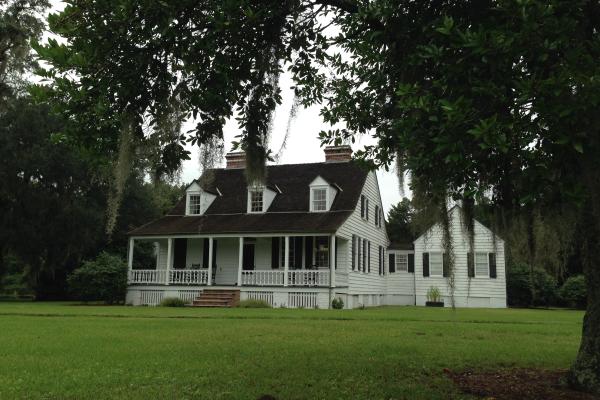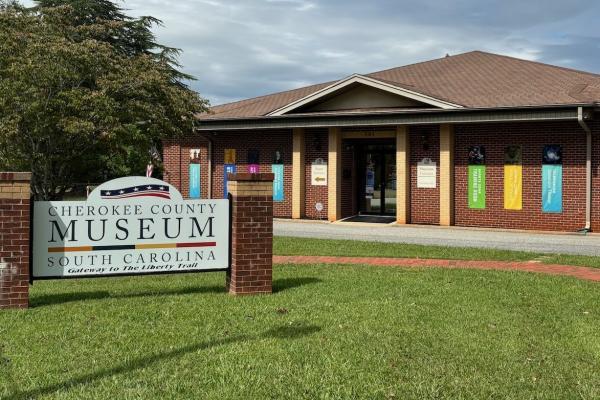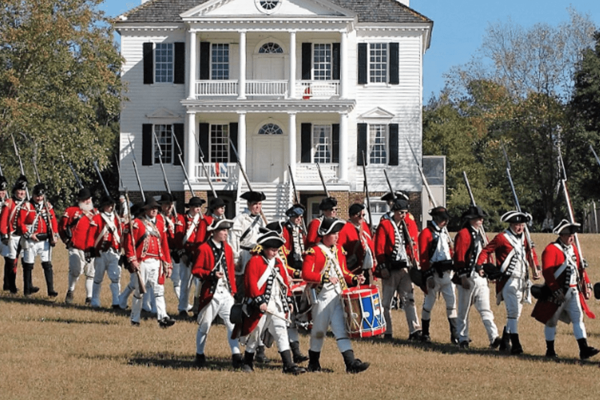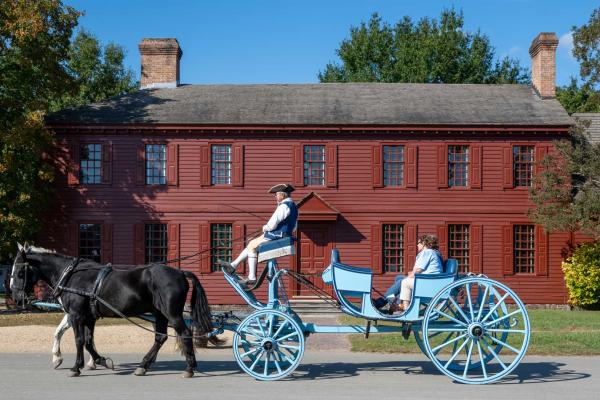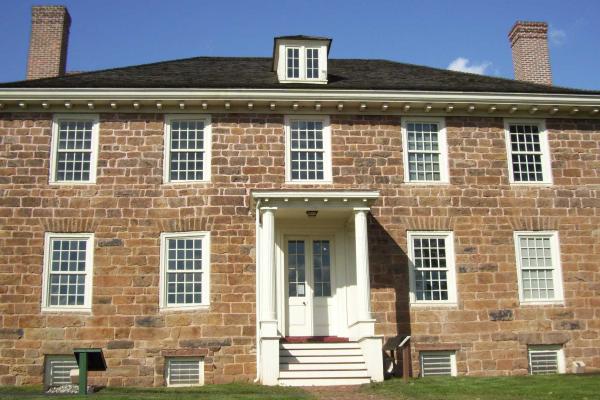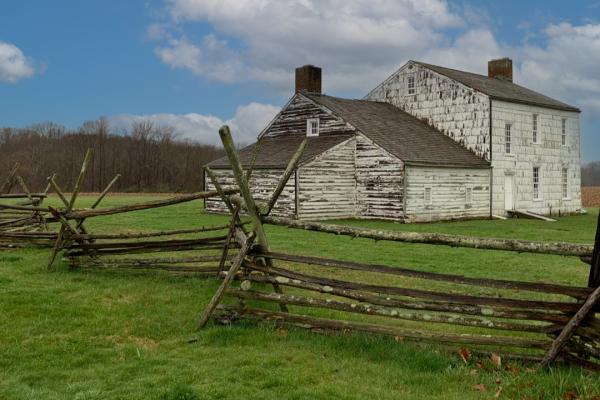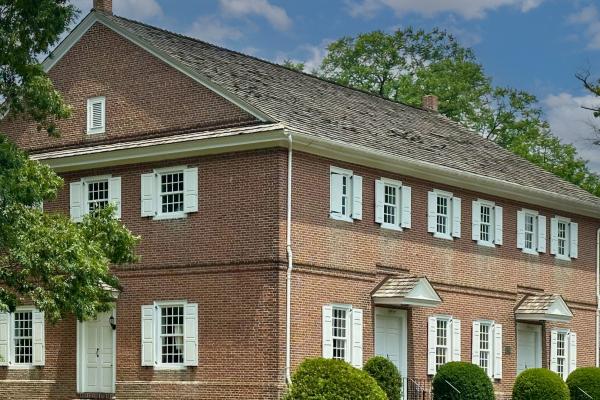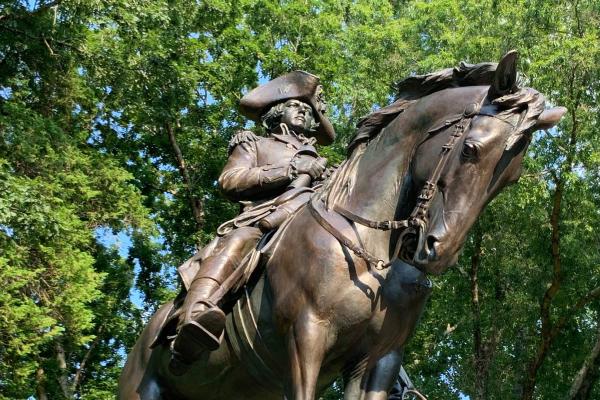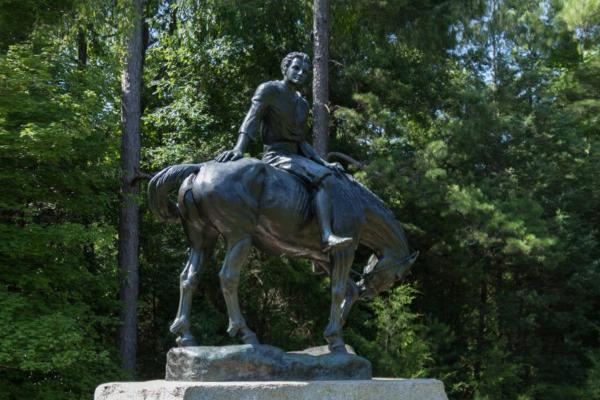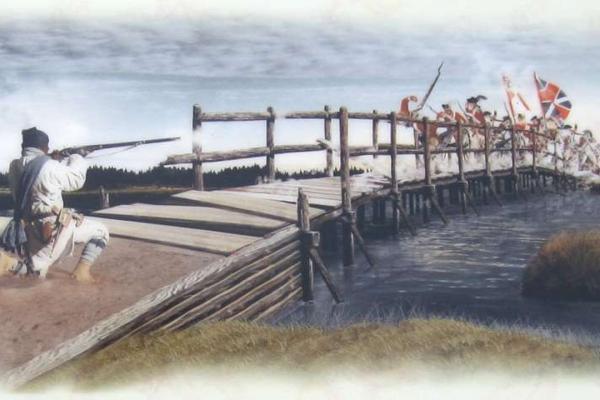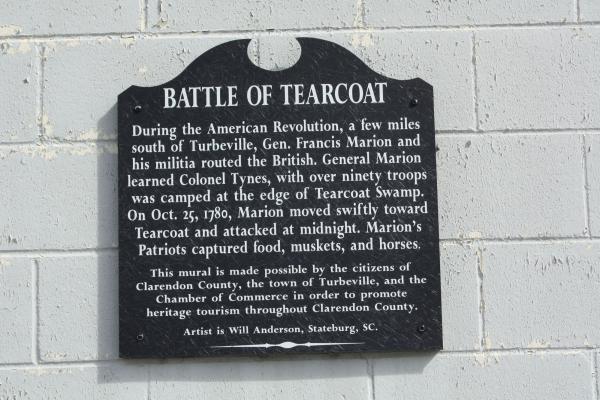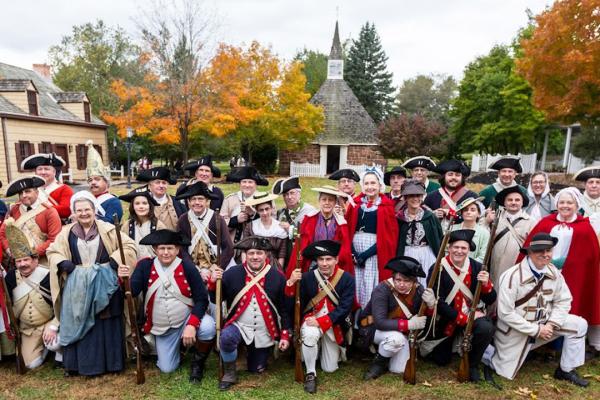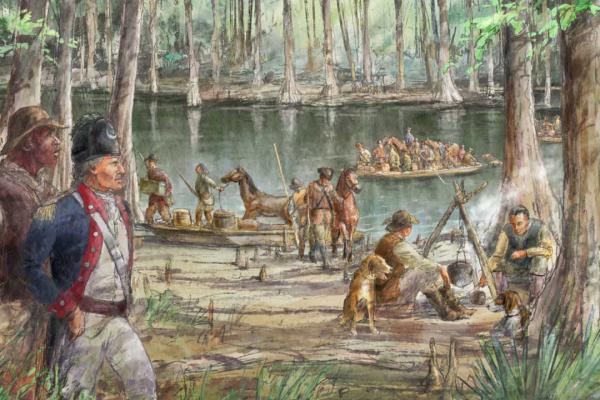This park preserves the story of Charles Pinckney and his contributions to the U.S. Constitution, and of 18th century plantation life for free and...
With a rotating collection of artifacts and interactive exhibits, the Cherokee County Museum has something for all ages and interests.
Built in 1767, the Chowan County Courthouse is one of the oldest operating courthouses in the country and still serves the North Carolina Supreme...
A former British headquarters, explore the reconstructed Kershaw/Cornwallis House, British redoubts, and programs about colonial life.
Known worldwide as the nation's largest living history museum, Colonial Williamsburg operates the restored eighteenth-century capital of colonial...
The Cornelius Low House, constructed in 1741, stands today as one of the finest examples of Georgian architecture in New Jersey.
This unassuming home, owned by the Covenhoven family, was requisitioned by British General Henry Clinton in the days prior to the monumental Battle of...
An ordinary farmhouse within Monmouth, it became a hotspot during the Battle of Monmouth as Charles Lee mounted a defense against advancing British...
New Jersey militia and Continentals assaulted a British column in-and-around these grounds in mid-June of 1778, just days before a continued series of...

- parking
- accessible_parking
- wheelchair_accessible
- restrooms
- wifi

- restrooms
- wheelchair_accessible

- parking
- accessible_parking
- wheelchair_accessible
- restrooms

- parking
- accessible_parking
- wheelchair_accessible
- restrooms

- parking
- accessible_parking
- wheelchair_accessible
- pet_friendly

- parking
- accessible_parking
- wheelchair_accessible
- pet_friendly

- parking
- accessible_parking
- wheelchair_accessible
- restrooms
- wifi

- parking
- accessible_parking
- wheelchair_accessible
- restrooms
- wifi

- parking
- accessible_parking
- wheelchair_accessible

- parking
- accessible_parking
- restrooms
- pet_friendly

- parking
- accessible_parking
- wheelchair_accessible
- restrooms

- parking
- accessible_parking
- wheelchair_accessible
- restrooms
- wifi

- parking
- accessible_parking
- wheelchair_accessible
- restrooms
- wifi

- parking
- restrooms
- wheelchair_accessible
Liberty Trail History Makers
The Revolutionary War was a war unlike any other — one of ideas and ideals, that shaped “the course of human events. Explore the history and personalities from this pivotal time in American history.Robert Kirkwood served at major battles of the Revolution, including Monmouth, Camden, and Cowpens, where Kirkwood led his Delawareans to play a decisive role in Daniel Morgan’s victory. Kirkwood went on to lead his men at Guilford Courthouse, Hobkirk Hill, Ninety-Six, and Eutaw Springs.
Martha Dandridge Custis Washington made her own mark as the first First Lady and symbol of motherhood in the new nation.
A seasoned officer from the French and Indian War, Putnam played a key role in the Battle of Bunker Hill, but his military career ended after a series of setbacks and a debilitating stroke.
Born into Scottish nobility, William Leslie pursued a military career with the British Army, confident in his superiority over the American rebels. However, his life was cut short at the Battle of Princeton, where, despite his disdain for the revolutionaries, he was honored in death by none other than General George Washington and his old friend, Benjamin Rush.

